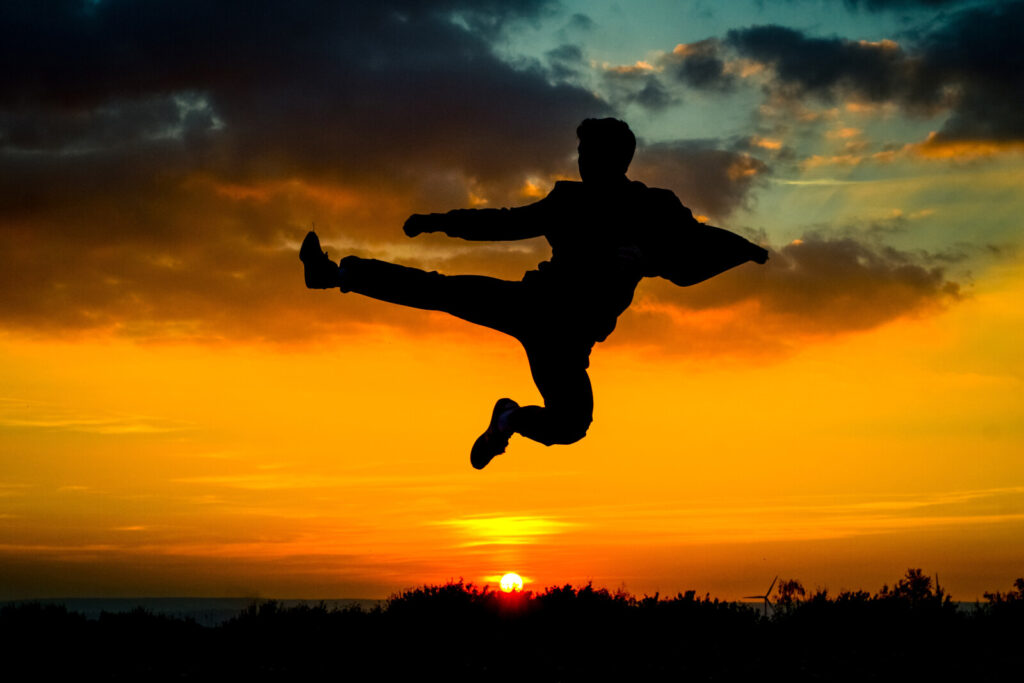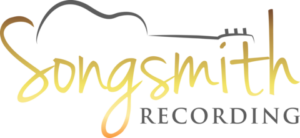
Hey there, friends. So, you’re a musician, huh? You write your own songs, produce your own tracks, and now you’re ready to share your music with the world. But before you hit that upload button, there’s something we need to discuss. Should you register our music copyright before posting?!? Yeah, I know, it’s not the sexiest topic in the music industry, but it’s a vital one.
So, should you register your music copyright before posting your music online? The answer is a resounding ‘yes’ if you want the full protection of the law. As an artist, your music is your intellectual property, and it’s crucial to safeguard it against infringement. But what exactly is copyright, and how can you obtain and enforce it for your music?
In this article, we’ll dive into some information you’ll need to better protect your creative work.
But first, a disclaimer: I’m a blogger, not a lawyer. So, I have no capacity to offer you legal advice, and none of this is legal advice. It is some general information to establish a base understanding.
Now, I’m not saying you need to run out and hire a team of lawyers to protect your music. But what I am saying is that you should seriously consider registering your copyright before sharing your songs online. It’s a simple and relatively inexpensive process that can save you a lot of headaches down the road.
A Copy….WHAT?
First things first, what is a copyright?
A copyright is a legal protection that gives the owner exclusive rights to reproduce, distribute, and perform their original work. This means that nobody else can use your song without your permission. That is unless it falls under certain exceptions like fair use or Creative Commons.
Now, you might be thinking, “But hey, I wrote this song, it’s automatically copyrighted, right?” Well, technically yes, but here’s the catch. If you don’t register your music copyright before posting with the U.S. Copyright Office, you can’t sue for damages or attorney’s fees in federal court. That makes things tricky. You see, there are people out there who will try to steal your music, remix it, or use it in ways you never intended. And if you don’t have a registered copyright, you won’t have the full range of legal protections and benefits that come with copyright ownership and registration.
Now, I know what you’re thinking, “ugh, paperwork.” But trust me, it’s worth it. Registration provides you with a public record of your ownership so you can say “Oh no you didn’t!” when someone infringes on your copyright.
Here is the link to a great article about all the things you should do before posting your song. Read it!
How to obtain copyright protection for your music
The first step is to register your music copyright before posting with the United States Copyright Office.
The US Copyright Office has an online registration system called eCO (electronic Copyright Office) that allows applicants to register their works electronically. This system provides a fast, efficient, and cost-effective way to register copyrights, and it also offers various resources and tools to help applicants through the registration process.
The official website for copyright registration in the United States is with the U.S. Copyright Office. Here’s a link to their online registration portal:
https://www.copyright.gov/registration/
The registration process is pretty straightforward. You’ll need to provide some basic information about yourself and your music, along with a copy of the work itself. And there’s a fee, of course, but it’s not too steep.
For a breakdown of the cost of copyright; follow this link. Bookmark and save!
Now, you might be wondering, “if my music is already protected by copyright, do I really need to register it?” And the answer is no, technically you don’t. Your music is automatically protected by copyright as soon as you create it.
If you need help with writing songs to copyright, here is an article discussing eleven steps to help you write them. Good luck!
generally speaking, if someone is using your copyrighted material without your permission, and you don’t have federal protections because you haven’t registered your copyright, you may still be able to sue them in state court for damages, injunctions, and other remedies.
Of course, going to state court may not be as advantageous as going to federal court, as federal court offers additional legal protections and typically has more resources available for litigants. But it’s important to remember that you still have some legal options if someone is infringing on your copyright, even if you haven’t registered it with the U.S. Copyright Office.
But registering your copyright makes it easier to enforce your rights and gives you more leverage in legal disputes.
So, bottom line, if you’re serious about protecting your music and your livelihood as a musician, registering your copyright is a smart move. Don’t let anyone tell you otherwise.
if you are serious about increasing your bottomline and improving your livelihood as a musician; you should consider selling your music as NFTs. Here is a guide to how. Check it out!
Misconceptions about copyright protection for music
While we’ve talked about what copyright is, how to get it, and how to enforce it. There may still be some misconceptions about copyright protection for music that should be cleared up.
One misconception is that changing a certain percentage of a song makes it a new work. This is not necessarily true. There’s no hard and fast rule for how much you can change a song before it’s considered a new work, and it can vary depending on the circumstances.
Another one is that you can use any copyrighted music as long as it’s for non-commercial purposes. Sorry, no can do. Using copyrighted music, even for non-commercial purposes, without permission from the copyright holder is still infringement.
Remember, folks, knowledge is power! Knowing the facts about copyright protection for music can help you avoid legal issues and protect your own creative work. Stay informed, stay safe.
What to do if someone infringes on your copyright

If someone’s gone and infringed on your copyright. It can be frustrating, infuriating even, but don’t worry – you’ve got options.
First things first, you need to be able to identify when someone’s actually crossed the line into infringement. Here are a few key things to look out for:
- Did they use your original work without your permission?
- Did they use a substantial portion of your work, or even the entire thing?
- Did they use your work in a way that’s outside the scope of fair use?
If you’ve determined that someone has indeed infringed on your copyright, it’s time to take action. Here are some steps you can take:
- Contact the person or entity that’s using your work and try to work out a solution. Sometimes a simple conversation can go a long way.
- If that doesn’t work, consider sending a cease and desist letter, which is a legal document that demands the person stop using your work immediately.
- If all else fails, you may need to take legal action. This can involve filing a lawsuit and seeking damages for any harm the infringement has caused you.
It’s important to remember that the legal process can be lengthy and expensive, so it’s always best to try and work things out amicably if possible. But at the end of the day, you have the right to protect your creative work and ensure that it’s being used fairly.
In Conclusion
Well folks, that’s a wrap on how to register music for copyright protection before posting! We covered a lot of ground today, from what copyright is and how to obtain it, to common misconceptions and legal remedies for infringement. The bottom line is that protecting your music is important, and understanding your rights as a copyright owner is key. So don’t be shy about registering your works and taking action should someone try to rip you off.
At the end of the day, it’s all about the music, and more importantly, having the ability to prove that it is your music. Until next time, this is me signing off.
